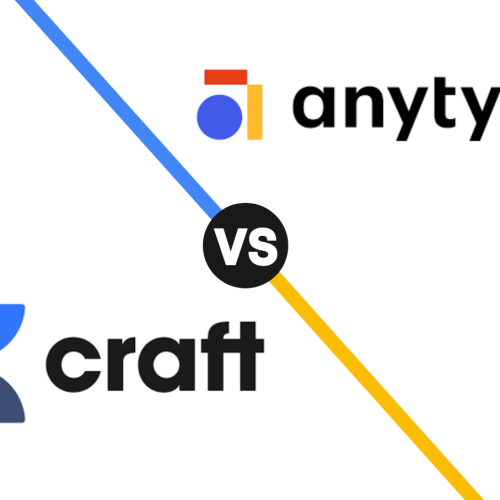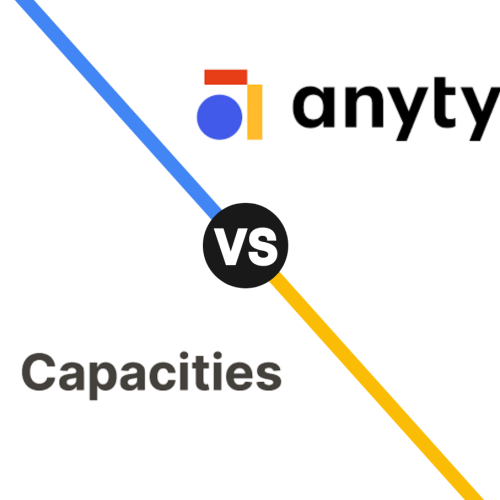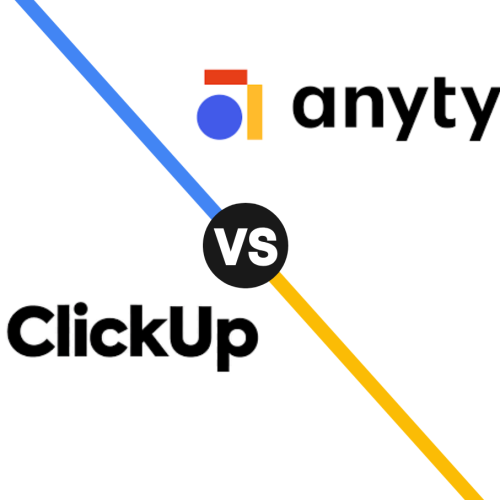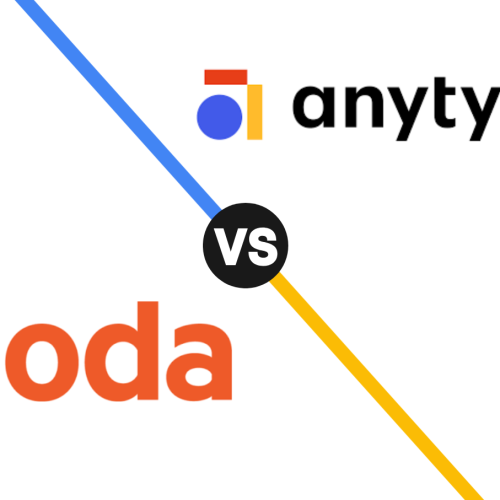Choosing the right business software is a big decision for any growing company. Two popular choices are NetSuite vs Sage Intacct, which help businesses manage their finances and operations. This article will break down what each tool does and help you decide which is best for your company.
Both are powerful cloud-based ERP solutions, but they have different strengths. NetSuite is a comprehensive suite for all business functions, while Sage Intacct specializes in deep financial management. We will explore each platform to see which one fits your specific business needs.
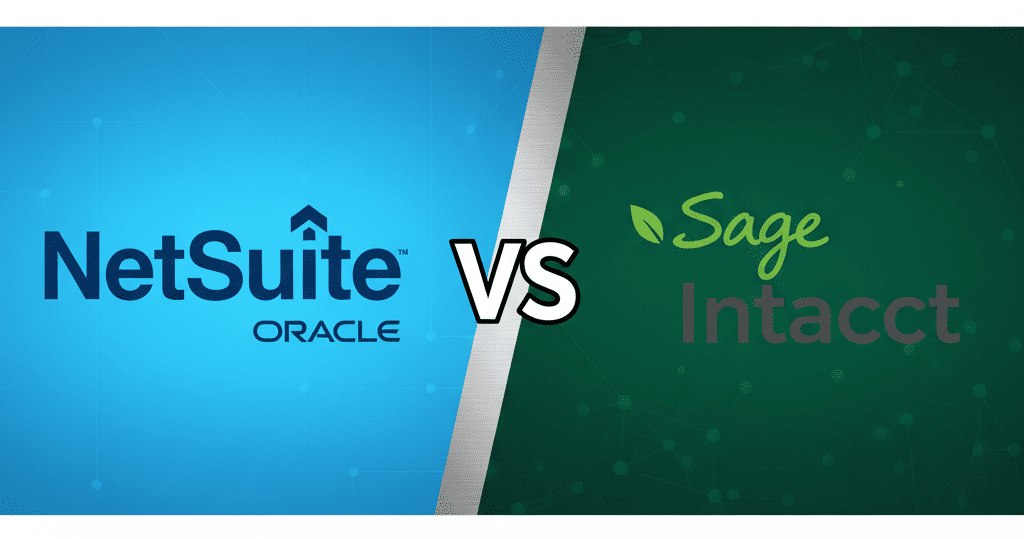
What is NetSuite?
NetSuite is a full business management software suite that combines financial management, CRM, and e-commerce into one system. It is designed to give you a complete, real-time view of your business from one central location.
This platform helps businesses automate core processes, from managing inventory and orders to handling payroll and project accounting. It is a good fit for companies that need an all-in-one solution to manage every part of their operations in a unified way.
What is Sage Intacct?
Sage Intacct is a powerful, cloud-based financial management software for finance professionals. It is designed to simplify complex accounting tasks and give businesses real-time insights into their financial health.
The main purpose of Sage Intacct is to provide best-in-class accounting and financial reporting. It is known for its strong multi-entity consolidation features and is highly favored by finance-driven companies and organizations with complex financial structures.
Conclusion: NetSuite vs Sage Intacct
In short, NetSuite is a comprehensive ERP system that manages all business operations, from finance to supply chain. Sage Intacct, on the other hand, is a specialized financial management solution with best-in-class accounting features. Your final choice depends on your business’s primary needs. If you need a single, all-in-one platform, NetSuite is the better choice, but if you prioritize deep financial management, Sage Intacct may be the right fit.
FAQs
- What is ERP software?
ERP stands for Enterprise Resource Planning. It is a type of software that helps businesses manage their daily operations, such as accounting, project management, and supply chain, all in one place.
The best choice depends on your specific needs. NetSuite is an all-in-one solution for managing all business functions. Sage Intacct is a better fit if your primary need is deep financial management and reporting.
- Which system is easier to implement?
Sage Intacct is generally known for having a faster and less complex implementation process, often taking 3–6 months. NetSuite’s broader scope can lead to longer implementation times, typically over 6 months.
- Does NetSuite or Sage Intacct have better customer support?
NetSuite’s customer support can be a point of concern for some users, with reports of complexity and difficulty getting resolutions. Sage Intacct users generally report a positive experience with support and a stable system.
- Is one of these systems more expensive than the other?
NetSuite often has a higher total cost of ownership due to its extensive modules and implementation fees. Sage Intacct can be a more affordable entry point for growing businesses, with costs scaling as you add users and modules.
- Which one has better reporting features?
Sage Intacct is widely praised for its advanced, real-time financial reporting and multi-entity consolidation features. NetSuite also has strong built-in analytics, but some users find its reporting tools less flexible to customize.
- Can I use these solutions with other software?
Yes, both systems can integrate with other software. Sage Intacct is known for its seamless integrations with popular tools like Salesforce. NetSuite also has a strong platform for customization and connecting with other systems.
- Which is better for a business with multiple locations?
Sage Intacct is highly regarded for its multi-entity and multi-currency management capabilities. It automates consolidation across various locations, making it a favorite for companies with complex financial structures.
- Do I need to buy extra modules with these systems?
Both are subscription-based and use a modular structure. You pay for the core platform, user licenses, and any optional modules you need, such as inventory management, project accounting, or e-commerce.
- What kind of business is best for NetSuite?
NetSuite is ideal for mid to large-sized businesses that need a comprehensive solution to manage their entire operations. It is particularly strong for companies with complex supply chains, manufacturing, and e-commerce needs.


